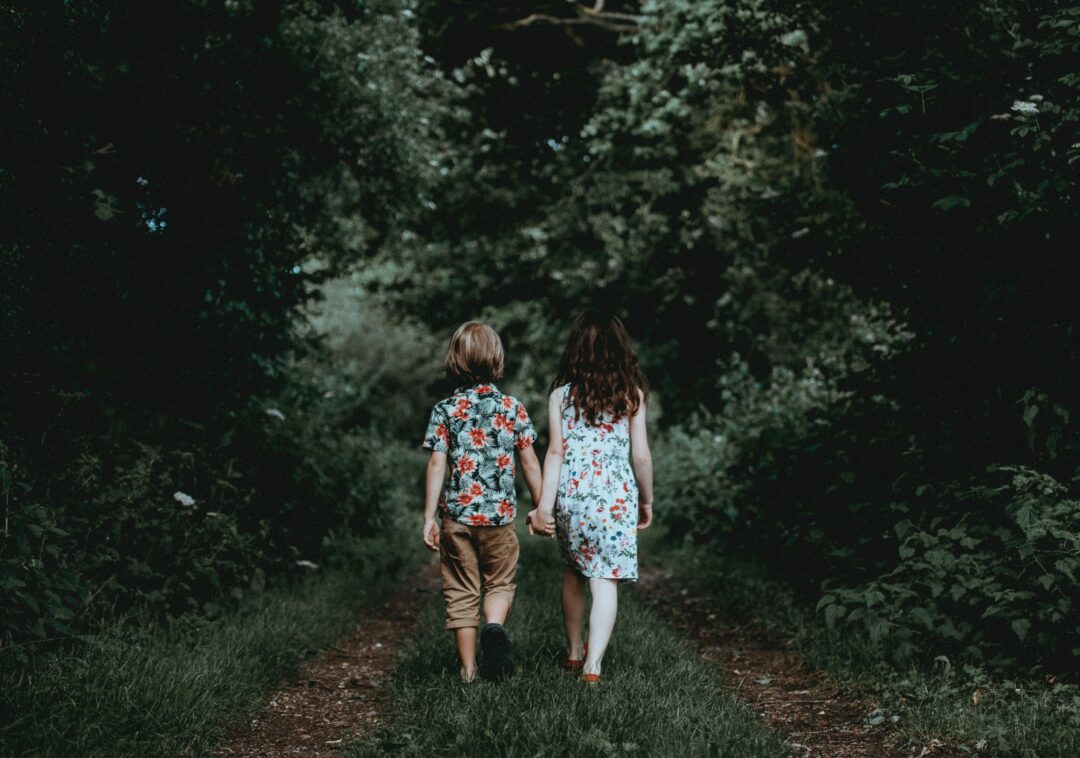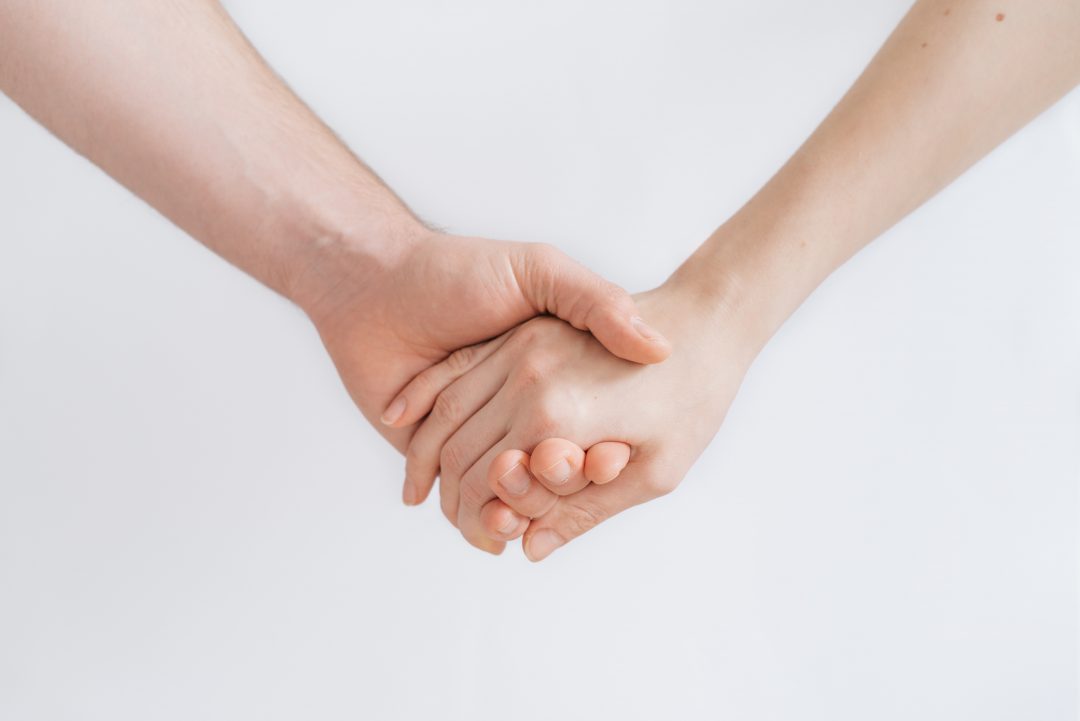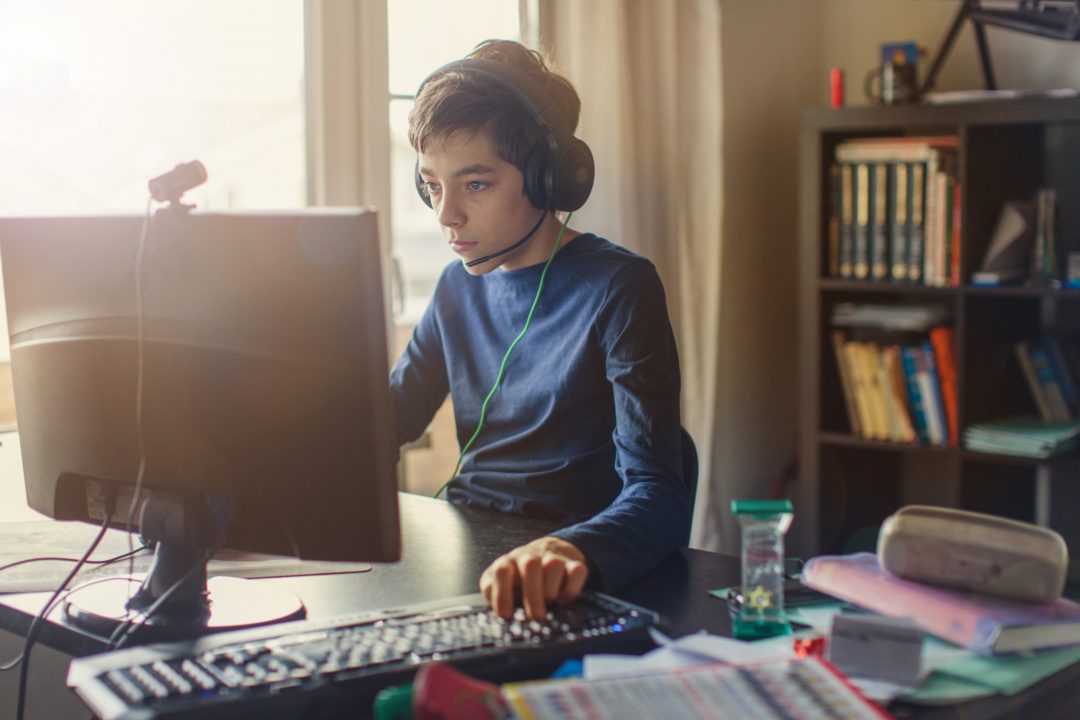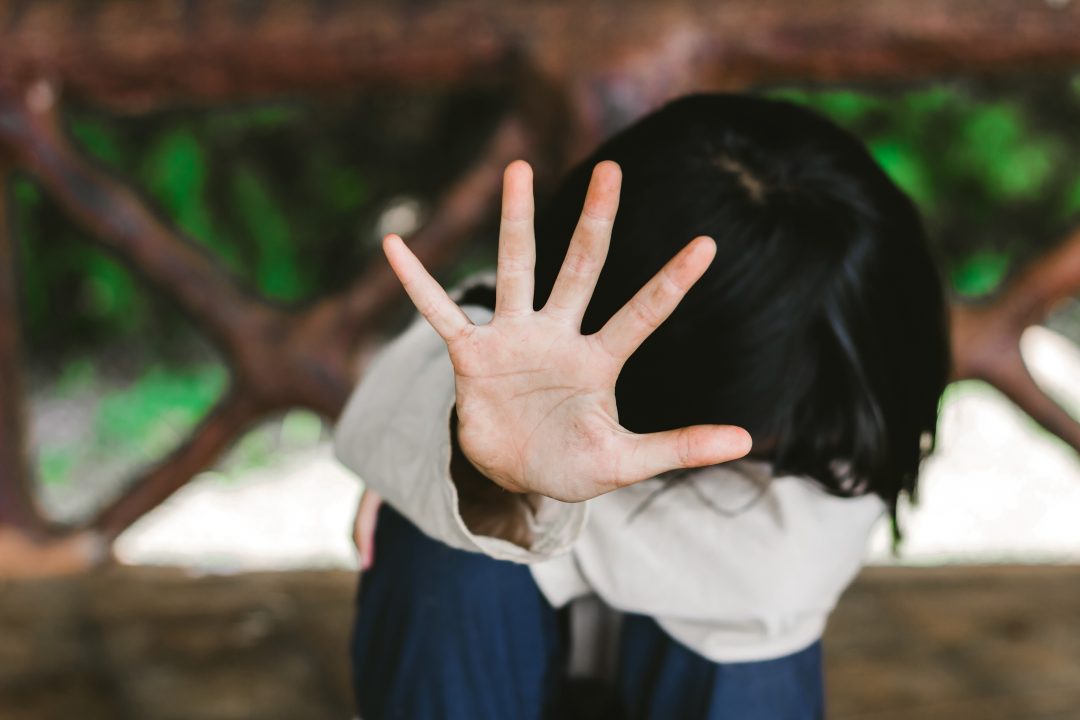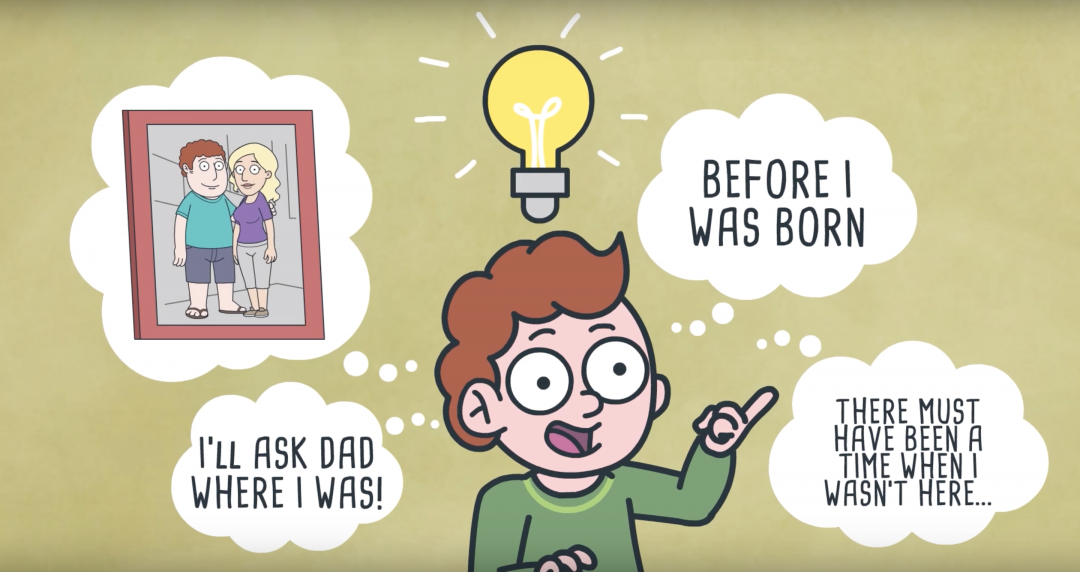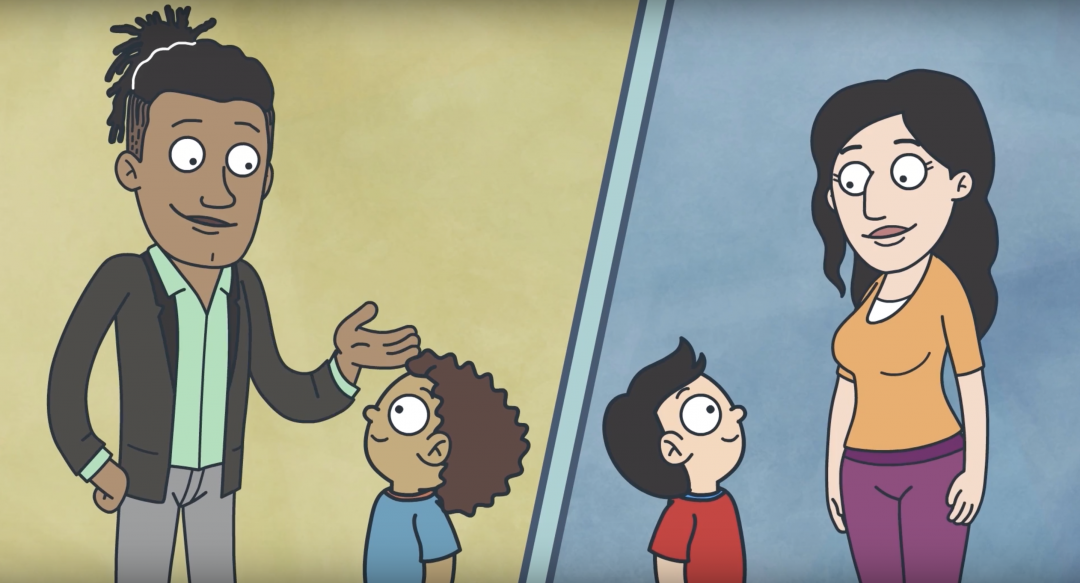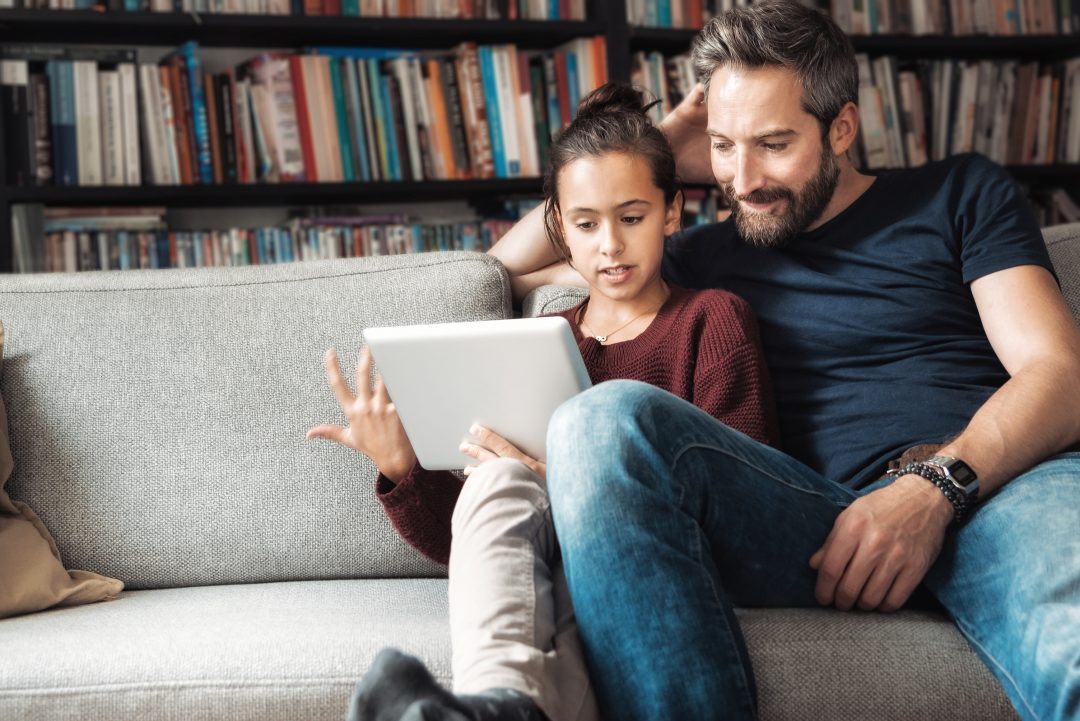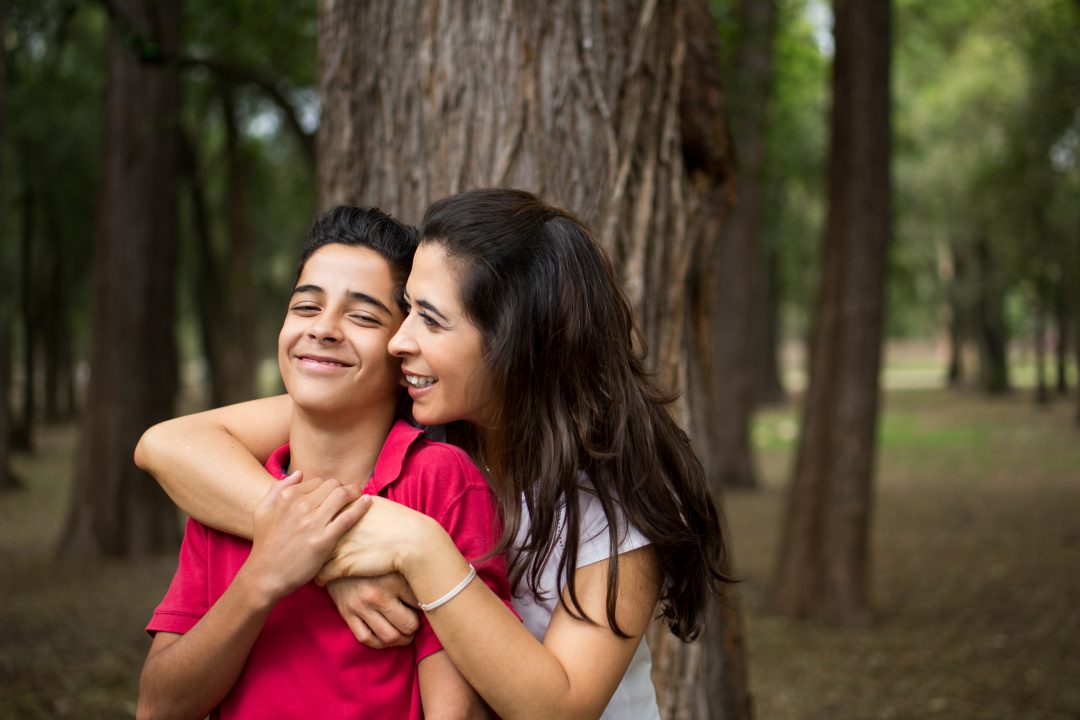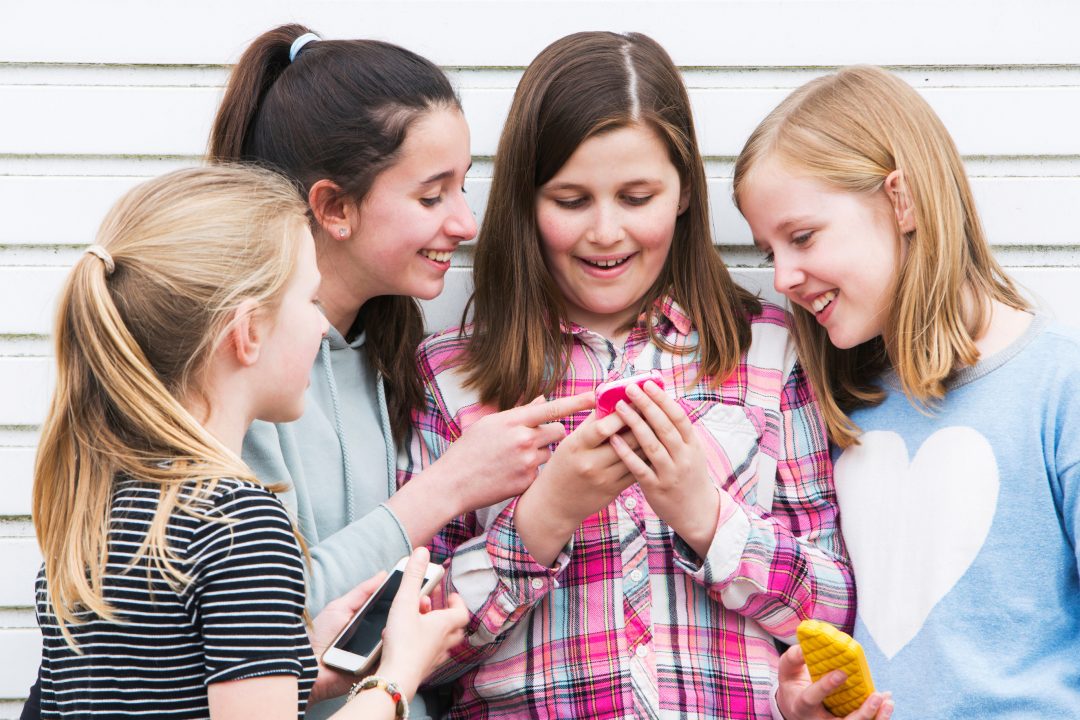Human sexuality education: A Parent TV Quick, Smart Guide
Categories: Sexuality Education
5-minute read
Pretty much as soon as your child starts to talk, they’ll also start asking questions. Looooots of questions. Before too long, they’re going to start asking questions that you might find tricky, uncomfortable, embarrassing or confronting. They might ask about bodies, boys and girls, and how babies are made. Then, it levels up into questions about gender, and about the act of sex, complete with their own half-baked theories they’ve cobbled together from playground misinformation about what goes where and why. Apart from the entertainment value in some of their deductions, these are all really important questions for them to ask and for us to answer. Ideally, it should be us that answers them, so we know they’re getting correct information about sex and human sexuality, gender identity and gender politics. Answering their questions ourselves also helps us to frame and locate things for them in the bigger picture of their own behaviour, responsibilities, rights and understanding.
As parents, a lot of us probably weren’t given an adequate education about human sexuality when we were growing up. Whether it was the morality (or prudishness) of the times, an assumption that school would take care of that topic, a lightweight sex ed curriculum or just a general disinclination to talk about such ‘private’ matters, a lot went unsaid. Some adults are still unpacking the assumptions and misinformation that they had always believed but never really examined. Others are trying really hard to get over their own discomfort, educate themselves and give their kids the understanding they craved but didn’t receive. We’re all at different points on this journey.
So, wherever it is you’re at in your own understanding of human sexuality, you probably already know that there’s a lot more to these topics than can be covered in one article. So, for the purposes of this blog, we’re just going to answer some of the most frequently asked questions and point you in the direction of the videos from our experts that will answer a whole lot more.
What does human sexuality mean?
That’s a good question with a big answer, says Vanessa Hamilton, ParentTV Expert, Sexual Health Nurse and Sexuality Educator. ‘According to the World Health Organisation, human sexuality encompasses sex, gender identities and roles, sexual orientation, eroticism, pleasure, intimacy and reproduction. It is influenced by biological, legal, psychological, social, economic, political, cultural, ethical, historical, religious and spiritual factors. It can be expressed in thoughts, values, fantasies, desires, beliefs, attitudes, behaviour, practices, roles and relationships.’ Phew!
Let’s talk about the language for a minute.
Semantics are important when it comes to human sexuality, and it’s good to know what the common parlance is, as well as the correct terminology. When people use the word sex, they are usually referring to someone’s ‘biological sex’, as indicated by their having either male or female physical characteristics. However, these are not the only two sets of options. ‘About 1.7% of people are born intersex, where they may have a combination of male and female characteristics. That’s more than 1.37 million people on the planet. These characteristics may be anatomical, hormonal or chromosomal,’ Vanessa points out. Accordingly, there are a whole bunch of people existing beyond this biological sex binary. ParentTV Expert Nathan Wallis gives some context to these figures, explaining that, ‘The percentage of the population that’s intersex is the same percentage as those who have red hair.’ It’s for this reason that the concept of someone’s gender, meaning how they locate themselves on a spectrum of masculine, feminine and non-binary identities is usually more helpful, inclusive, accurate and respectful than the concept of their ‘sex’.
Alternatively, the word sex used to usually refer to the act of heterosexual penis-vagina intercourse, Vanessa explains, but this is outdated also flawed. Apart from being only one of many options for the act of sex, the act of sex is itself a very, very small part of human sexuality, sexual function, intimacy, fulfillment and pleasure. ‘The two most important sexual organs of the human body are not genitals, but the brain and the skin,’ Vanessa explains. Considering all the possibilities this gives rise to, it’s does seem pretty reductive to use the term sex to refer to specifically heterosexual intercourse.
Why do we need to talk to kids about sexuality?
As we mentioned earlier, it’s important that we talk to kids about sexuality because doing so can help ensure they get factually correct and balanced information. It’s false to assume that our kids will only know what we tell them, Vanessa says. ‘Children are getting a sexuality education in everyday life, from school, other kids, advertising, TV, radio, magazines and pornography, but the information they receive usually isn’t accurate. It’s important for parents to give children an accurate version of human sexuality that is positive and healthy.’
When do we need to talk to kids about human sexuality?
When there aren’t adequate conversations at home, kids fill in the blanks from other sources, often pornography, and parents urgently need to intervene, says ParentTV Expert, child abuse prevention educator and Protective Behaviours specialist, Holly-ann Martin. ‘I suggest that parents start having conversations with their children about pornography by at least six years of age. It’s not a case of if your child sees pornography, but when they see pornography.’
Other aspects of their human sexuality education can start even earlier, Vanessa says. This doesn’t mean talking to kids about sex, necessarily, but topics like body safety, consent and resepctful relationships, from as early as their baby and toddler years. ‘It’s really important as a parent that you explicitly teach your children about consent, and model it for them, too,’ says Holly-ann Martin. ‘When I talk to parents, I encourage them to teach consent from when children are babies.’ As well as teaching them to respect the boundaries of others, this teaches children to hold the line when it comes to others touching them, Holly-ann explains. ‘Kids need to grow up knowing that they own their own bodies and nobody should be touching them without their consent.’
Using the correct anatomical names for all body parts is an important part of early sexuality education, both Holly-ann and Vanessa agree. ‘It’s really important as parents to teach your children the correct anatomical names for their body parts, and you can do it as part of a greater concept of public and private things,’ says Holly-ann. ‘I teach children that their private parts are those parts that are covered by their bathers, plus their mouths.’
Vanessa recommends that parents name all body parts when bathing kids or changing their nappies, using the same tone and matter-of-fact approach. Ears, noses, elbows, vulvas, vaginas, penises and scrotums are all talked about in the same way, with genital names not given any extra significance. ‘This normalises their amazing bodies, decreases shame and gives them the vocabulary to tell an adult if they have a problem with that part of their body, or if someone is harming them there,’ Vanessa says. For this reason, it’s also important that kids who speak languages other than English at home also know the names of their private parts in English as well, so they can disclose and be understood if they need to.
How does sexuality education for children help them?
When children have received an adequate sexuality and relationships education, they are more likely to be positive about their bodies, appreciative and accepting of diversity, with a more nuanced understanding of what is appropriate and inappropriate behaviour and less vulnerability to abuse, says Vanessa. As well as laying the foundations for understanding and practicing consent in their later relationships, a rounded sexuality education helps facilitate a positive attitude to the possibility of fulfilling, safe and pleasurable intimate partnerships and experiences. ‘We know that children who have adequate, comprehensive and accurate sexuality education from a young age have much better outcomes later on in life,’ Vanessa confirms. ‘They’re empowered and they can make good decisions. Countries who do this well have fewer teen pregnancies, less sexually transmitted infections, and, importantly, those young people delay their first experience of sexual intercourse because they’ve learned that it’s an experience for adult minds and bodies only, not for children.’
Want to know more?
Vanessa Hamilton has an excellent three-part course about human sexuality education for parents who want to get off on the right foot:

